Child FIRST – Focus on Innovation and Redesign in Systems and Treatment
Program Director
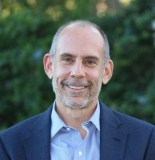
|
Bruce F. Chorpita, Ph.D. (he/him/his) is Professor of Psychology and Professor of Psychiatry and Biobehavioral Sciences at the University of California, Los Angeles. He received his Ph.D. in psychology from the University at Albany, State University of New York and held a faculty position with the Department of Psychology at the University of Hawaii from 1997 to 2008. From 2001 to 2003, Dr. Chorpita served as the Clinical Director of the Hawaii Department of Health’s Child and Adolescent Mental Health Division, where he led a reform initiative that doubled the effect size and cost effectiveness of mental health outcomes for all youth served by the state system. He has published more than 350 scientific papers, many of which focus on strategies for improving efficiency and quality in children’s mental health systems, and he is the lead author of the MATCH protocol, an evidence-based treatment that outperformed multiple other evidence-based treatments in three randomized effectiveness trials in three different regions of the US as well as in the UK. His ongoing research is aimed at improving the effectiveness of mental health service systems for children through innovation in mental health system and treatment design, clinical decision-making, and mental health knowledge architecture. He has been awarded more than $25M in research funding, from the National Institute of Mental Health, the John D. and Catherine T. MacArthur Foundation, the Annie E. Casey Foundation, the Wellcome Trust, the William T. Grant Foundation, as well as multiple state and county mental health systems, and is a Past President of the Association for Behavioral and Cognitive Therapies. Dr. Chorpita served as the lead developer for the intensive treatment component of PRIDE, a project designed to develop, test, and disseminate effective treatments and training models for lay counselors to address anxiety, depression, and anger problems in adolescents in India. With support from the William T. Grant Foundation, he served as the PI for the Reaching Families multisite trial (Becker, Co-PI), an investigation of strategies to improve the use of evidence in supervision and clinical decision making and to improve family engagement in mental health services in low income communities in Los Angeles, South Carolina, and Hawaii. From 2021 to 2022, Dr. Chorpita served as a National Academy of Sciences Committee Member for Accelerating Behavioral Science Through Ontology Development and Use, to help set the stage for improved scientific discovery, evidence application (e.g., through clinical knowledge appliances), and automated reasoning. He currently serves on the Steering Committee for the Behavioral and Social Sciences Ontology (BSSO) Foundry as well as the Advisory Board for the Global Alliance for Living Evidence on Anxiety Depression and Psychosis (GALENOS). He and his team work closely with Deborah McGuinness’ semantic engineering lab at the Tetherless World Constellation at Rensselaer Polytechnic Institute to build new knowledge infrastructure for children’s mental health applications. |
Project Staff
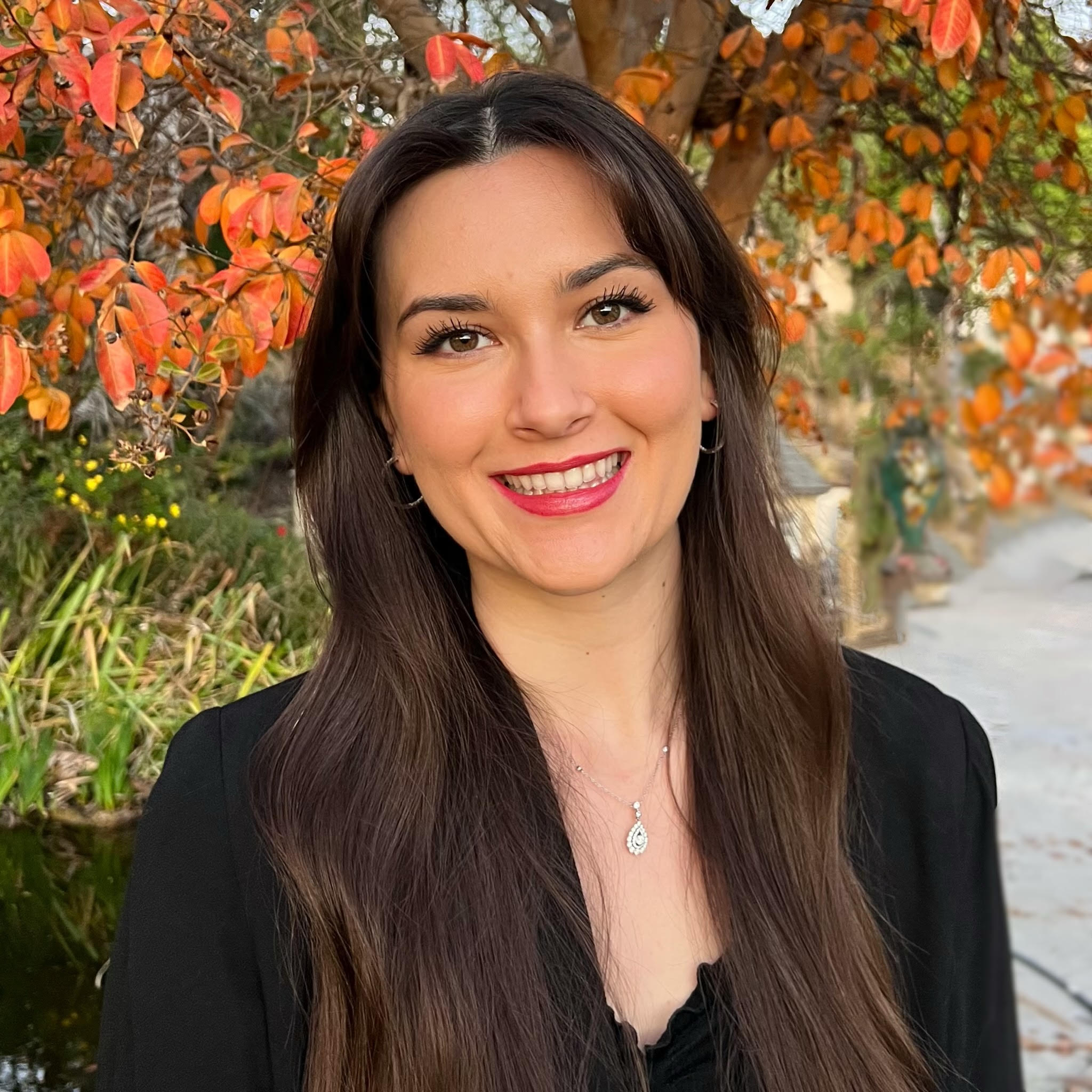
|
Eliza Swindell (she/her/hers) received her B.A. in Psychology from the University of California, Berkeley in 2022. She previously worked as the manager of the Social Origins Lab with Dr. Jan Engelmann and volunteered as an assistant lab manager for Dr. Aaron Fisher’s Idiographic Dynamics Lab. Her research interests center on utilizing developing technology to improve the use of evidence-based assessment and treatment in youth mental health systems. Outside of work, Eliza enjoys reading classic fiction novels, oil painting, and gardening. |
Graduate Students
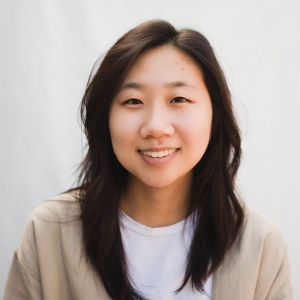 |
Hyun Seon Park (she/her/hers) received her B.S. in Psychology and English from the University of Illinois at Urbana-Champaign in 2018. She previously worked as a Research Assistant at Brown University’s Psychosocial Research Program, focusing on the development of psychosocial interventions for inpatient and community populations. Her research interests focus on improving the use of evidence in community-based youth mental health services. She is especially interested in leveraging technology and interdisciplinary approaches to improve clinical decision-making, accessibility of services, and coordination of care for youth. In her free time, she enjoys taking dance classes and exploring bookstores and coffee shops in the LA area. |
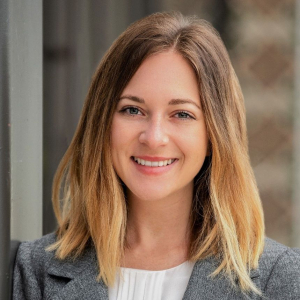 |
Kendal Reeder (she/her/hers) received her B.S. in Psychobiology from the University of California, Los Angeles in 2018. She previously worked as an Organizational Research Assistant at the Child and Adolescent Services Research Center within the University of California, San Diego Department of Psychiatry. Her research interests center on applying dissemination and implementation science to promote the sustained delivery and accessibility of evidence-based mental health care in community settings. When she is not doing research, she enjoys cooking new recipes, hiking and camping, and enjoying the LA food and coffee scene. |
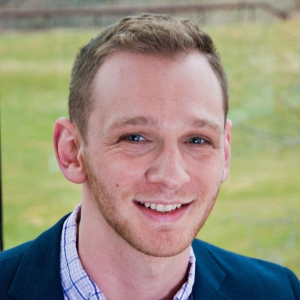 |
Ben Isenberg (he/him/his) received his B.A. in Psychology from Hamilton College in 2017 and his M.Ed. in Child Studies from Vanderbilt University in 2021. After undergrad, he spent two years coordinating a large-scale implementation and feasibility study at Massachusetts General Hospital. He is interested in the development of user-friendly clinical decision support systems and studying strategies to improve stakeholder buy-in and engagement in community mental health organizations. Outside of work Ben enjoys hiking, playing tennis, watching soccer, and brewing coffee. |
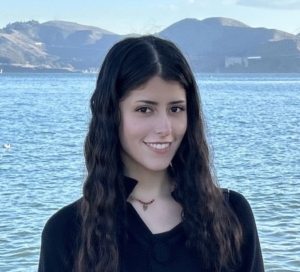 |
Estephania Ovalle Patino (she/her/hers) received her B.A. from UCLA in 2021, majoring in Psychology and minoring in Cognitive Science. She previously worked as a research coordinator and sleep therapist within Dr. Allison Harvey’s Golden Bear Sleep and Mood Research Clinic, at UC Berkeley. She’s interested in clinical decision-making processes, innovative treatment design, and the use of technology to improve the dissemination and implementation of evidence-based treatments within community mental health systems. In her free time, she loves to watch horror films, paint, and travel. |
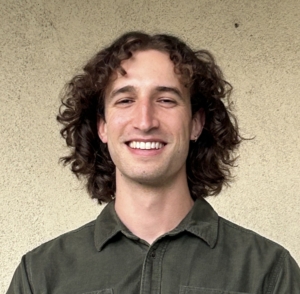 |
